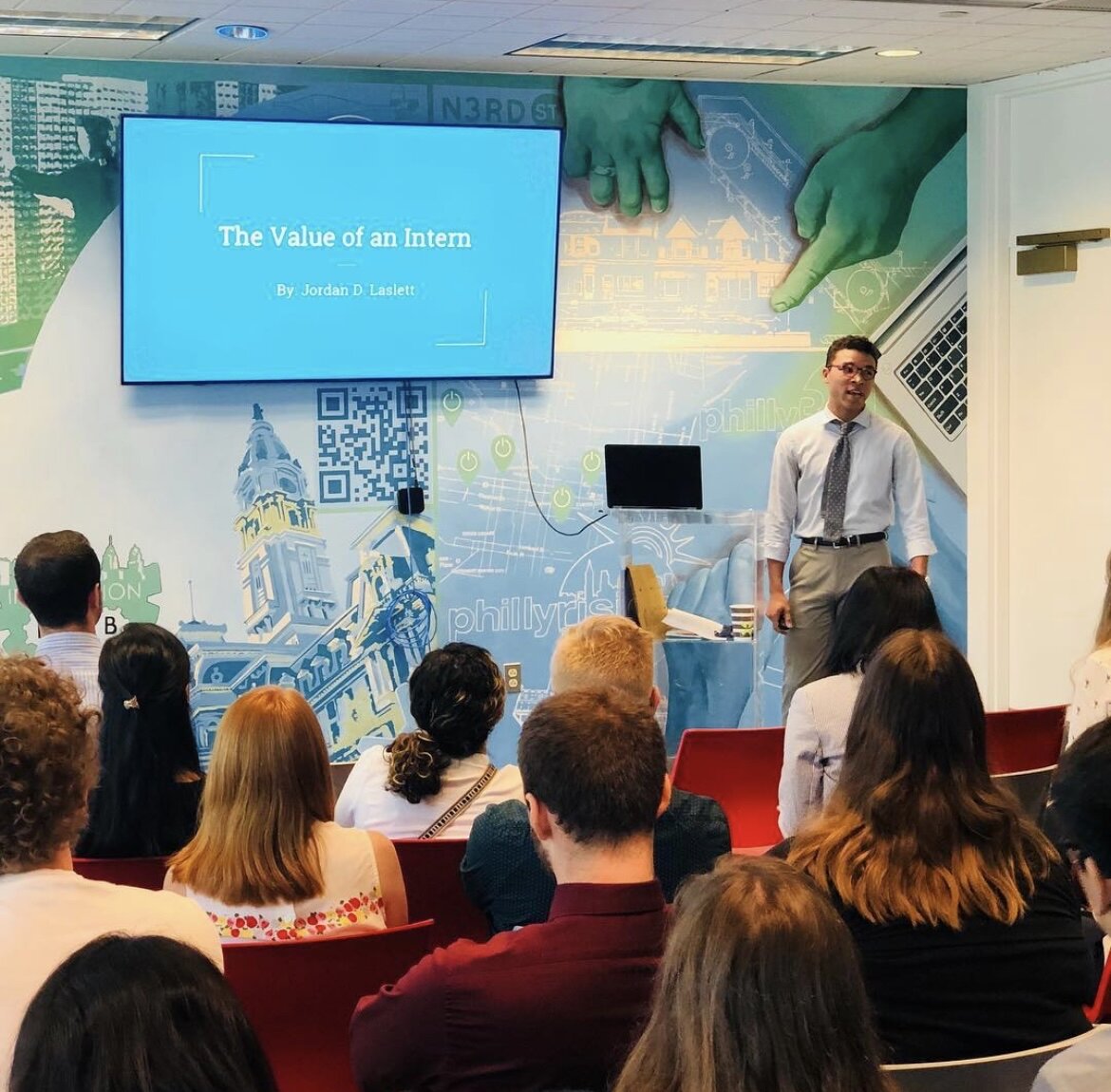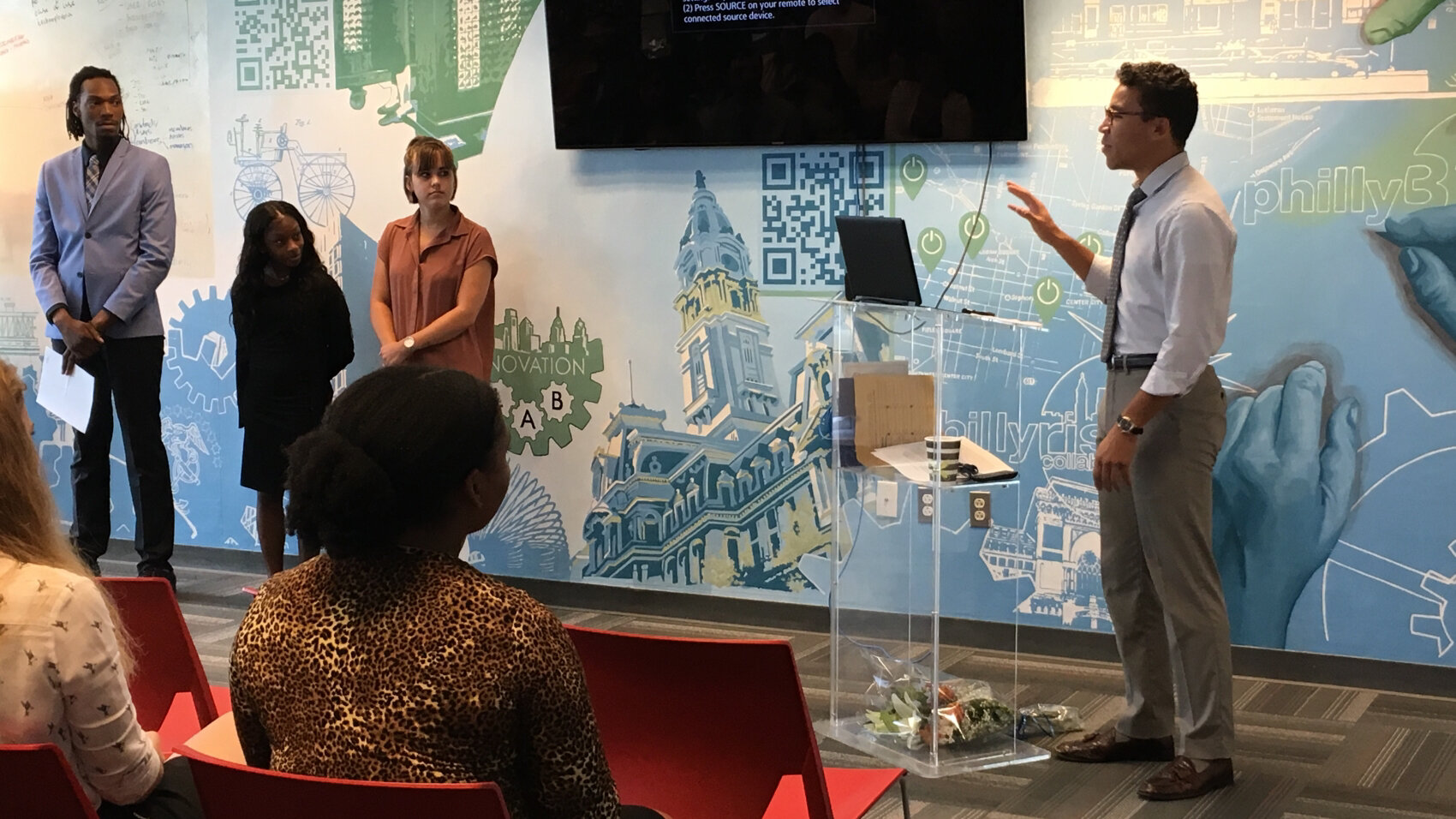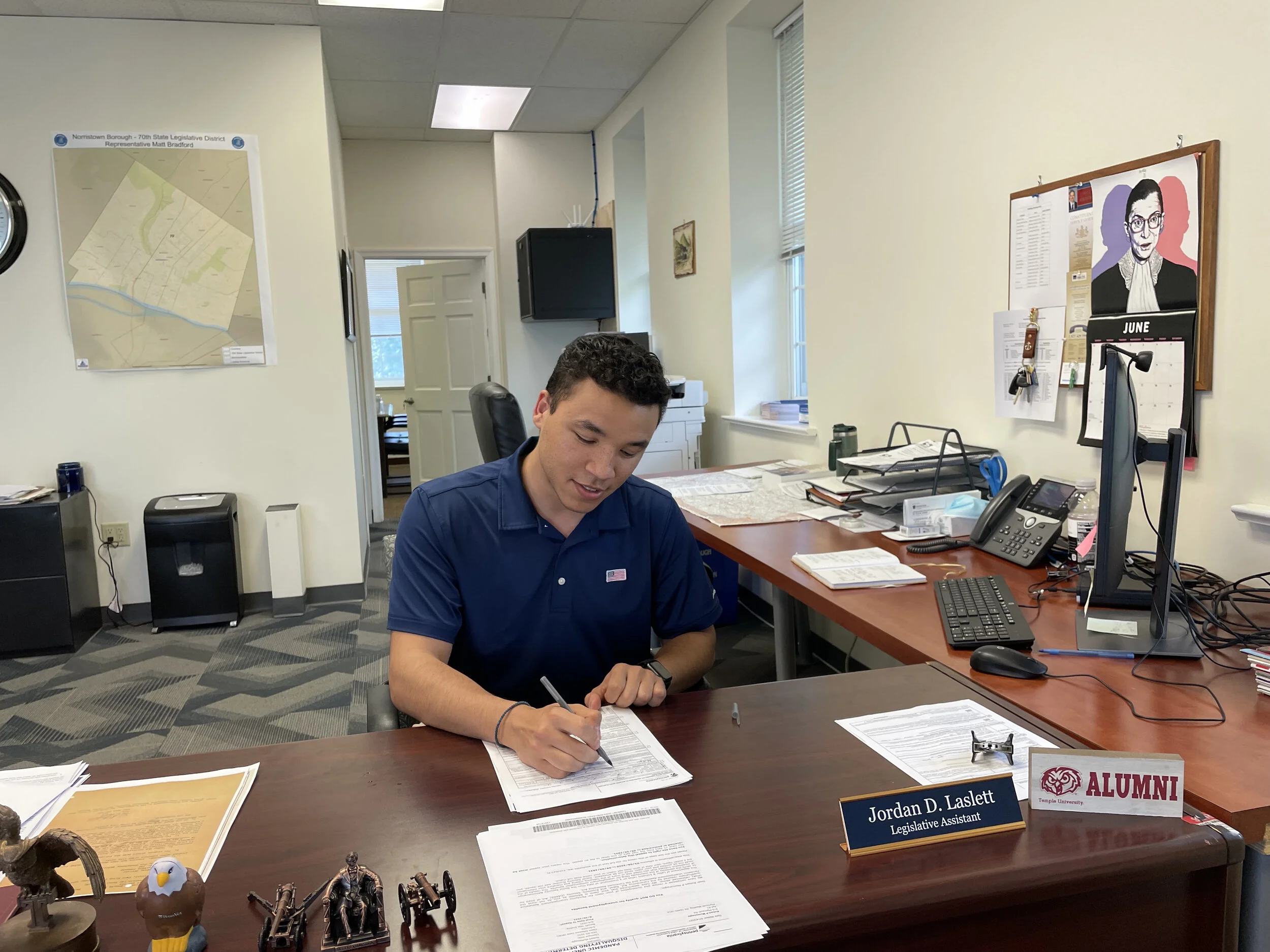Imagine you’re in a meeting at work. It’s the weekly one with all the managers and supervisors. This meeting is a prime influencer and the play that your organization puts on to perform its culture. To an outsider it might seem like a boring government drama, with some tired comedy mixed in. But this meeting serves real purposes: it communicates the organization’s values, delineates the hierarchy, rewards those who have behaved according to the norms and ignores or possibly punishes those who haven’t.
You know what your task is in this meeting, and you’re nervous. Last time you had the same item on the agenda and it didn’t go so well. You had suggested a change to the way the organization does business, but it didn’t take hold. You got a few head nods but no culture change. After talking with your boss, you decided to go for it again this week.
As you sit in your seat, waiting for your item, you feel like you don’t quite belong. You’ve gotten the message that as a new employee, your voice doesn’t matter as much. You don’t look like the other people around the table. Or perhaps you look like them on the outside, but you feel a chasm between yourself and them in terms of your values.
After failing to move the group to action last time, how are you going to approach your item this week? How can you make them see how important it is to make your proposed change? What tactics can you use to persuade them?
~ ~ ~
Maybe you’ve never been in this exact situation, but we’ve all had similar experiences. If you’ve worked in government, you’re familiar with performative, formal meetings. Most of us have been at organizations in which we feel we don’t fit the mold of the typical employee. And if you’re a Herocrat, you’ve been in lots of situations in which you’re advocating for a change that others don’t see the need for. Yet.
Alex Jackson Nelson is someone with a lot of experience with all these things. In fact, the above story is his own, and later on I will tell you about what he decided to do, and what transpired afterwards.
But first there are some things you need to know about Alex. He’s a trainer, supervisor, licensed therapist, American Sign Language interpreter, and longtime equity advocate. He’s most definitely a Herocrat.
When I met him for coffee at 7am a few weeks ago, his passion was powerful, his analysis was shrewd, and his stories were funny. He claims he’s not a morning person, so I can only imagine what he’s like when he’s at the top of his game.
His track record gives us some clues. In just three years at Minnesota’s Department of Human Services (DHS), he’s led nothing short of a cultural revolution in his corner of the sprawling agency of 7,500 workers. Alex is a training supervisor in the Child Safety and Permanency Division within Children and Family Services. Among other duties, the 20 people he oversees are responsible for training all new child protection workers across the state.
Prior to coming on as a state employee, Alex was a contractor to DHS, creating curricula and training employees on LGBTQ issues. After years of asking, his DHS contact finally convinced him to make the leap to full-time employee. As he put it, “it was time. I trusted my friend who said, ‘now is the time.’” And after years of working in nonprofits, the dental insurance also didn’t hurt.
As an employee, he was affected by the bureaucracy in ways he hadn’t been as a contractor, including having to wrestle slow, inefficient processes and outdated technology. But what really got him was the culture. As he describes it, “there’s something that occurs when you enter this building . . . All of the sudden you’re on a different planet.” Communication is uneven and sometimes nonexistent. One day he walked into the office to find out an entire team had been reassigned to him, even though he knew nothing about their work or the system they used. But he was up for the challenge!
And then there’s the hierarchy. While he understands how agency power structures work, he doesn’t buy into them too much. When it comes down to it, he’s not impressed by titles, he’s impressed by courageous leadership and action. And that is exactly what he has provided to his unit.
Alex’s Herocratic superpower is boldly being himself, which creates an environment in which others can do the same. Amid a stifling culture, he lets the full force of his personality shine. He keeps his eyes fresh, refusing to start seeing the negative aspects of the culture as “normal.” He stubbornly rejects mediocrity. He adapts to the system enough to get things done, while never compromising his values.
Among those values, his top priority is always people: the families that DHS serves and his own staff. He demonstrates this value to his staff by investing in relationships with them, understanding each person’s unique strengths and needs so that he can “meet them halfway.” As HR seemingly coaches supervisors to build cases for employee dismissal, Alex instead dives deeper into relationships to better understand the needs of his staff. He has learned that employee communication and learning styles are sometimes not understood or valued in the dominant culture. So together he and his supervisees make minor adjustments to their team practices, including how they structure meetings, which has had a positive impact on several employees.
Flying in the face of Minnesota Nice, his unit has instituted “radical candor”. This practice, which requires the foundation of strong relationships, has helped staff members to grow individually and as a team. He and his boss have created a more collaborative decision-making process. Staff are able to have autonomy in flexing time to promote work/life balance and they are trusted, and held accountable, to getting their work done.
A trainer and therapist at heart, Alex not only coaches his staff on how to deal with difficult situations, but he also role plays with them. Through this practice, they are fully rehearsed and ready to bring authenticity to those performative meetings.
And perhaps most revolutionary of all, Alex and his team have fun. They’ve infused a unicorn theme throughout their work, culminating recently in “Camp Unicorn,” a retreat in which they successfully revised a nine-day training curriculum as a team. About this experience, Alex said, “It was amazing. I can't even believe it. We did it. We met our goal, and everyone was together for five days in one giant room, working in small groups. And we had camp activities. It was so much fun!"
The culture change within his unit has taken a lot of hard work and will require diligence to maintain. But it is taking root and paying off. Staff morale and productivity are up. People like their jobs and each other. The folks who didn’t like this leadership style have left for other units or organizations. And everyone else is helping to build a new culture of openness, candor and true partnership, fostered by Alex’s Herocratic leadership.
More than that, they are creating a ripple effect. Given their role in training child protection workers across the state, one can imagine how the team’s openness and positivity will radiate out to the families that DHS serves.
The next frontier for Alex? The rest of DHS, of course! As he knows, it’s one thing to change the culture of the team you lead, and it’s quite another to affect the broader organizational culture that it operates within.
One tactic to spur a more open, inclusive culture in DHS has already begun to emerge. To a veteran social justice activist like Alex, it’s almost embarrassingly basic: institutionalizing the practice of sharing one’s pronouns during the introduction round at meetings when new people are present. This is something that has been commonplace in many professional settings for years. But not at DHS.
As straightforward as it might seem, it took a lot of courage on Alex’s part to get it started. Here’s where the opening story about the stuffy meeting comes in.
Alex first proposed the practice at one of the division’s weekly manager and supervisor meetings. He was nervous, and despite his best efforts at explaining it, the practice did not take hold. The next meeting, nothing had changed – people did not share their pronouns with the meeting’s visitors.
It wasn’t until Alex brought the item back another time, and changed his approach, that the practice started to take hold. This time Alex told his own story of being a transgender man, explaining why the practice of sharing one’s pronouns is important to him personally. Although he was already very much “out” at work, it was still uncomfortable for him to talk about this personal topic at that large, formal meeting, in which typically no one shares anything personal. But Alex said that’s what it took: “I was really being vulnerable and talking about what inspires me, and that inspired other people.”
Alex flexed his Herocratic superpower – boldly being himself – to make the change. It worked, and now because of it, he’s helped to create an environment where more people can be themselves.
Introducing one’s pronouns has taken off in his division. People are doing it without any prompting. Some employees have taken it on as a personal mission. One woman hung up a poster about it in her cubicle. It’s becoming a norm.
A recent community meeting was a hopeful example. When the round of introductions reached a community member who is a Native American woman, she paused, noting that she had not introduced herself with her pronouns before. And then, building on the exercise, she also shared her Ojibwe name and said “good morning” in Ojibwe, as she does in her community. It is these spontaneous, intersectional moments that makes Alex excited. As he says, “It's not about the pronouns. It's about bringing what you do in your community, and who you really are, to the table.”
Despite all this, Alex is uncomfortable talking about “the pronoun thing” as a success. To him, it seems wrong that it’s revolutionary. The distance between where DHS culture is and where it needs to be is crushing. And he doesn’t want people to think it’s enough to say their pronouns and carry on with business-as-usual.
At the same time, he recognizes that pronouns are serving as a gateway for change. Introducing one’s pronouns is a conspicuous sign that employees are using to say, “I’m open to learning and I’m open to change.” Other employees and community members see that signal and it changes the conversation. It is creating space and energy to have larger conversations about equity at DHS. As co-chair of the division’s new equity committee, Alex has plenty of ideas for future issues to take on.
Watch out world, because unicorns and pronouns are just the beginning.
~ ~ ~
I’d love to hear from you about your experiences leading or taking part in organizational culture change!
What does Alex’s story bring up for you?
When have you chosen to boldly be yourself? Or have you witnessed a co-worker who does this?
How did it enable others to do the same?
Have you ever used the tactic of sharing why something is important to you personally as you made the case for it? How did it feel? What were the results?
Please share your thoughts in the comments below.






















